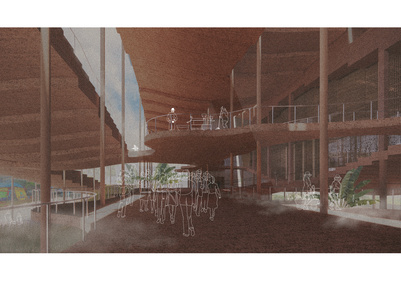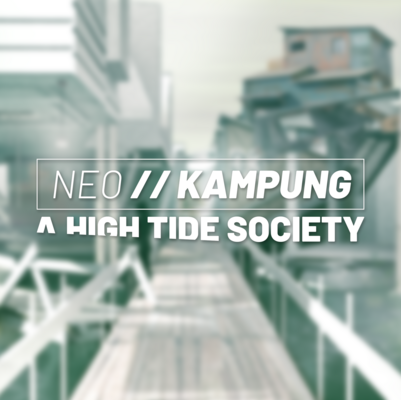The Built Environment as a "Natural" Environment
The ability to alter the environment is not something separate and unique for our species. It is not something we do separately and removed from the rest of “nature” and it is not something that exists outside of “nature”. Our built environment with its influence on hydrology, geomorphology, local climate patterns, waste products, pollution, and everything else proves that we cannot create a separation between our habitats and the habitats of all other lifeforms. Just as we are affected by nature through “pests”, natural disasters, droughts, and monsoons, we also affect and change the characteristics of the environment around us; and we do it on a planetary scale. If humans acknowledge this fact we can then acknowledge that we have to improve the living standards for other species within our built environments just as well as outside of them.
Program and Functions
The philosophy behind the program is to recognize and embrace a fusion between human-made and non-human environments. This embrace is expanded upon as the functions come together in an overarching attempt to re-situate the urban environment in an ecosystem where exchanges can be mutually beneficial.
The proposal aims to aid in the research and data collection of biodiversity and wildlife in one of the World’s most understudied and neglected locations. The site will house educational facilities and public exhibition spaces to convey the data and discoveries made by the research center, inform on the importance of biodiversity and ecosystem services and display architectural approaches that experiment with and combine living and human-made structures.



